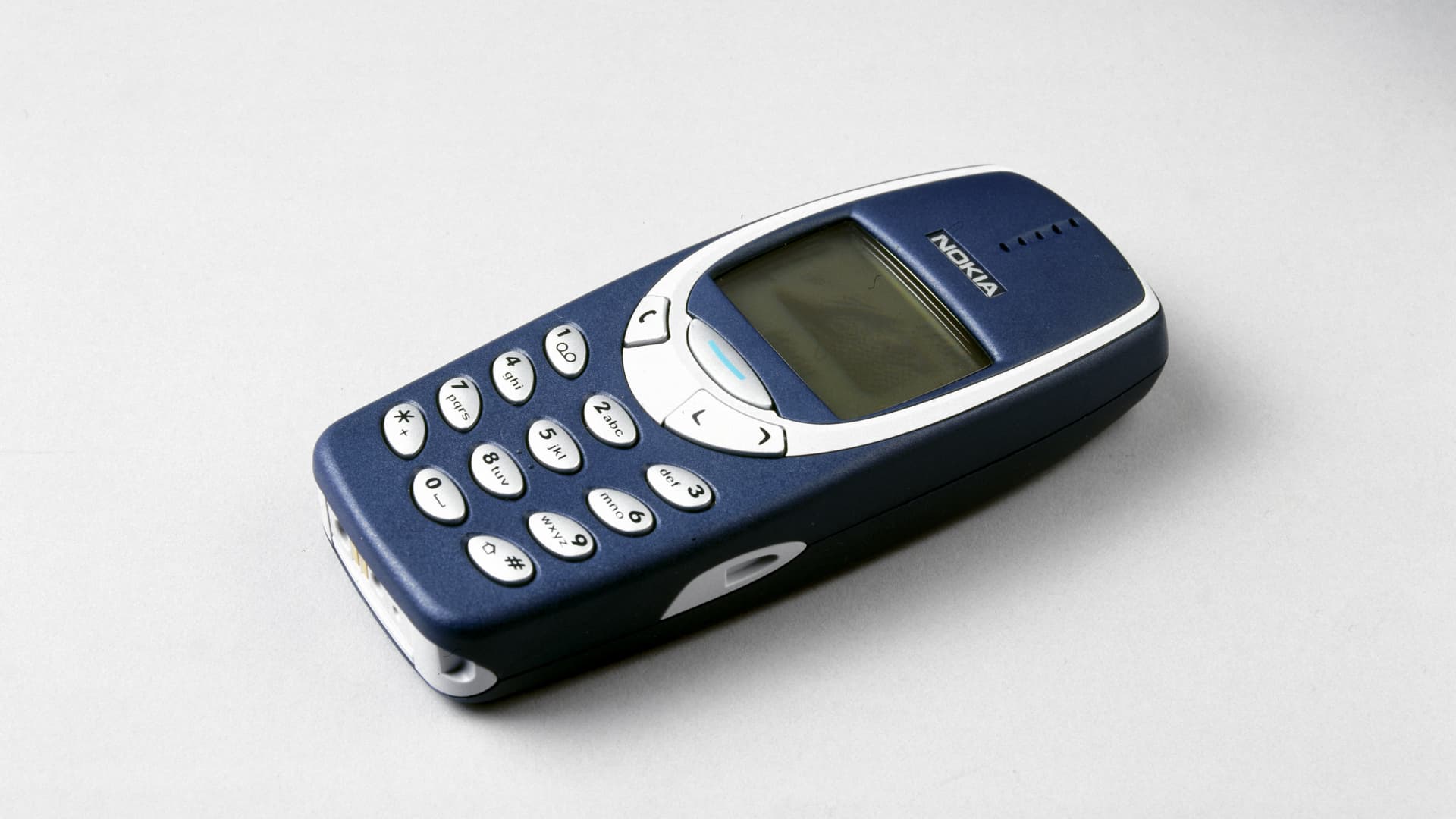
When Apple announced the iPhone in 2007, Steve Jobs called it a “revolutionary product” in a handset category that he said needed to be reinvented.
Now, nearly two decades and 42 models later, the iPhone is one of the world’s most popular phones. Apple has sold over 2.3 billion units of the iPhone and has over 1.5 billion active users, according to research from Demand Sage.
The original iPhone was released in June 2007 and exclusively sold with AT&T for $499.
The late Apple CEO Steve Jobs unveiling the first iPhone in 2007.
David Paul Morris | Getty Images News | Getty Images
“Investors were optimistic about the impact that it could have with Apple,” said Deepwater Asset’s Gene Munster. “The initial data that came out from AT&T was a disappointment from that first few days of sales. I remember talking to investors after that first weekend, and the general sense was that this product, in one investor’s words, was dead on arrival.”
Apple sold 1.4 million iPhones in 2007 with 80% of the sales coming in Q4. In the same year Nokia, the maker of the iconic Nokia 3310, sold 7.4 million mobile phones in Q4 alone.
“Nokia was seen as unstoppable, unbeatable,” said CNBC technology reporter Kif Leswing.
JAPAN – FEBRUARY 15: The Nokia 3310 Launched on the 1st September 2000
Science & Society Picture Library | SSPL| Getty Images
“The investing community largely took this as something that is going to be a much more difficult market for Apple to really crack,” said Munster.
Things started to shift for Apple in 2008 when it launched the App Store. This helped spur a new wave of modern tech companies like Uber and put Apple ahead of its competitors.
“The App Store allowed your phone to become a lot more,” said Munster. “That was the piece, that insight, other phone manufacturers didn’t see that coming.”
Apple saw increased iPhone unit sales in the years following the App Store. The company hit a major milestone — more than 50 million units sold — in 2011, with the help of the iPhone 4s. The company sold 72 million units that year. By 2015, Apple was selling over 200 million iPhone units yearly.
“I don’t think there’s any question the iPhone set the standard that really almost all phones have followed since then,” said Computer History Museum’s Marc Weber. “The App Store was a huge thing and Android basically followed that model with the Play Store.”
A decade after the iPhone’s release, Apple was the first publicly traded U.S. company to hit a $1 trillion market cap and it’s now one of the most profitable companies in the world.
Apple recently surpassed Samsung, one of its biggest competitors, as the world’s smartphone leader for the first time. According to data from the International Data Corp., Apple holds just over 20% of the global market share, a spot that Samsung held since 2010.
“There was a period from 2008 to 2015 where Apple needed to worry about what Samsung was going to do with Android. Their market share was actually declining globally,” said Munster. “But, what Apple has been the master at is building the ecosystem. I can’t imagine a scenario where Samsung can build a suite of products that is going to disrupt the Apple ecosystem.”
Recently, Apple has been dabbling in machine learning and AI for the iPhone, but companies such as Microsoft, Google and Open AI have more openly embraced the technology.
“AI is going to be critical to humanity, and it’s going to be a critical feature inside of iPhones,” said Munster. “Apple uses AI to make the products work better with organizing photos, with helping organize emails, and potentially doing things around text organization. But for the most part is that the iPhone doesn’t capture, doesn’t really capture the full opportunity. Far from it when it comes to AI.”
Watch the video to learn more about how the iPhone shaped Apple.
Read More: World News | Entertainment News | Celeb News
CNBC








